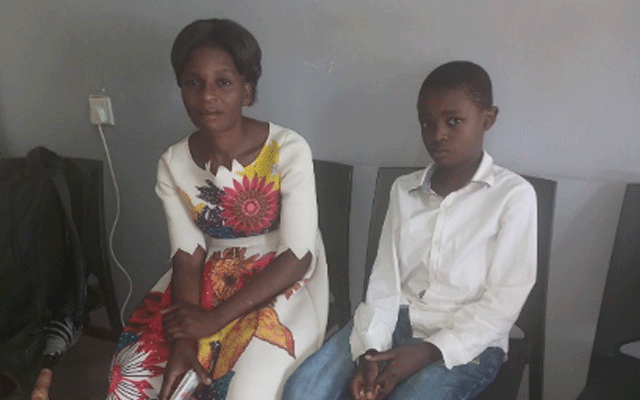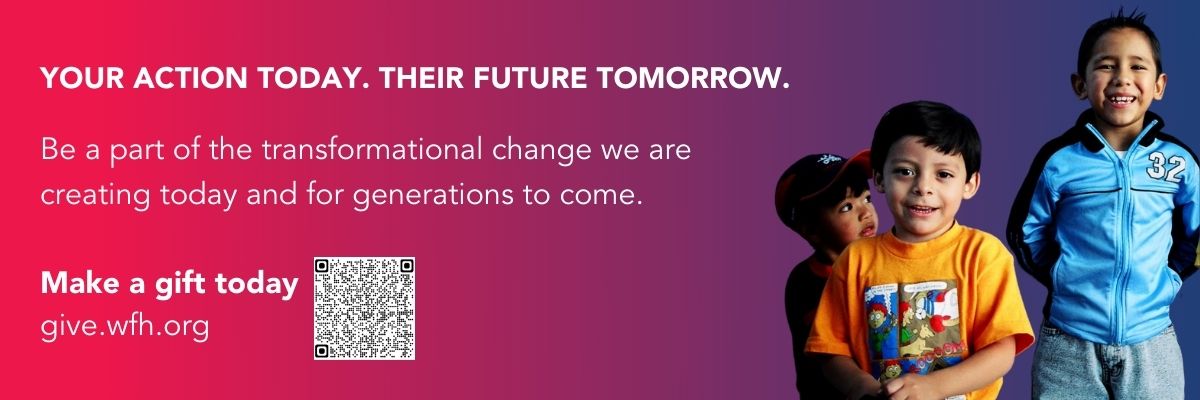 Malawi is amongst the world’s least developed countries, and the government struggles to meet the basic needs of its population. Limited resources are focused on improving power, water and communications infrastructure—meaning there is little left for patient care, and even less for those with a rare disease. As a result, many in the Malawian bleeding disorders community live without access to treatment. A sobering reality is that half the patients in the developing world die before they turn 10.
Malawi is amongst the world’s least developed countries, and the government struggles to meet the basic needs of its population. Limited resources are focused on improving power, water and communications infrastructure—meaning there is little left for patient care, and even less for those with a rare disease. As a result, many in the Malawian bleeding disorders community live without access to treatment. A sobering reality is that half the patients in the developing world die before they turn 10.
The Society of Haemophilia and Allied Disorders in Malawi joined the WFH as an associate National Member Organization in 2016. That’s when the WFH Humanitarian Aid Program began bringing much-needed medication to patients like Comfort. The effect on both his physical and emotional health was immediate, his mother notes, and, with his life no longer at risk he began to yearn for autonomy. He recently took his first tentative steps towards this goal by learning how to self-infuse, receiving instruction during a WFH training session for nurses given by healthcare professionals from South Africa. While he is proficient at mixing his medication, he is still a little apprehensive when it comes to accessing a vein with a needle. Eneless knows this stage will be short-lived and is proud that her son is taking his first steps towards independence. Now eleven years old, he enjoys going to school, watching cartoons, spending time with his friends and playing a guitar he built himself.
We went through a lot of hard times, sleepless nights, and the struggle of dealing with the fact that he was being given wrong medication that made his condition even worse. Without the WFH it would have been unbearable.
— Eneless, Comfort’s mother
In 2018, the Society of Haemophilia and Allied Disorders in Malawi was enrolled in the Cornerstone Initiative, a WFH development program that focuses on providing support and training to countries who are interested in laying the foundation for basic bleeding disorders care. Chimwemwe Chande, secretary of the organization, notes that there has been a general upswing in awareness about bleeding disorders in Malawi, and, most encouragingly, among healthcare professionals, including the 17 treaters, 40 nurses and 14 lab personnel who received training by the WFH in 2018 and 2019. This enhancement of treatment capacity and infrastructure, coupled with the medication provided through the WFH Humanitarian Aid Program, has been key to establishing sustainable care for patients with bleeding disorders in Malawi. Physicians in the country are now also submitting patient data to the World Bleeding Disorders Registry, which will not only improve with the clinical management of patients but will also aid government advocacy to secure better care. Today, Eneless sees a bright future for her son. “When he grows up,” she says, “he’ll be a doctor so he can help others.”
These investments—and the continued work of volunteers on the ground—will transform care for patients in Malawi and many other developing countries. Since its launch in 2013, the Cornerstone Initiative has been supported by WFH National Member Organizations from developed countries wishing to assist those living with little or no access to care. As of 2019, twelve countries are enrolled in the program. We are grateful to the National Hemophilia Foundation (U.S.A), the U.K. Haemophilia Society and the Canadian Hemophilia Society for their support in 2019.
If you believe that where you live should not determine your level of care, support the work of the WFH today at https://give.wfh.org/.













